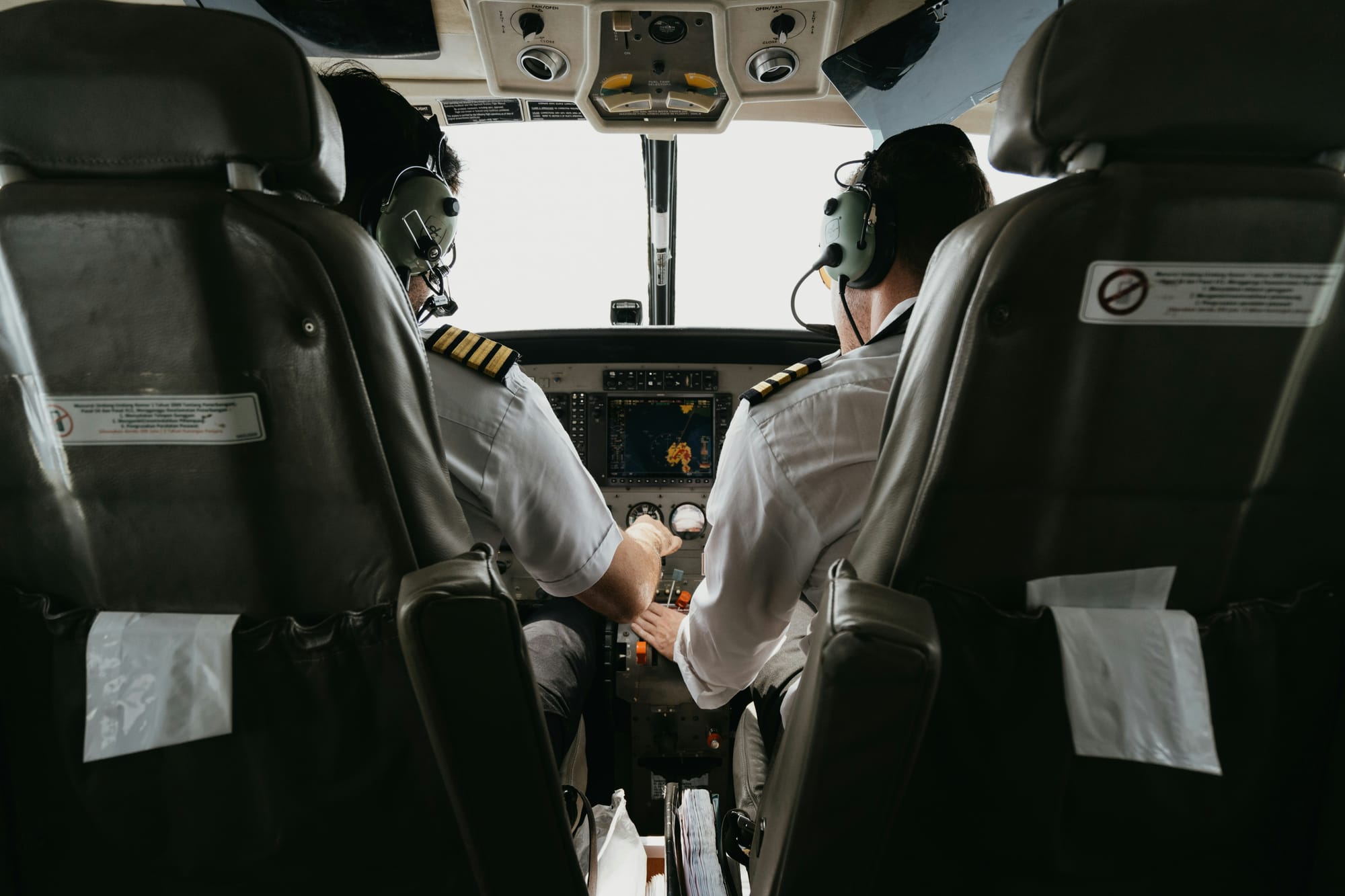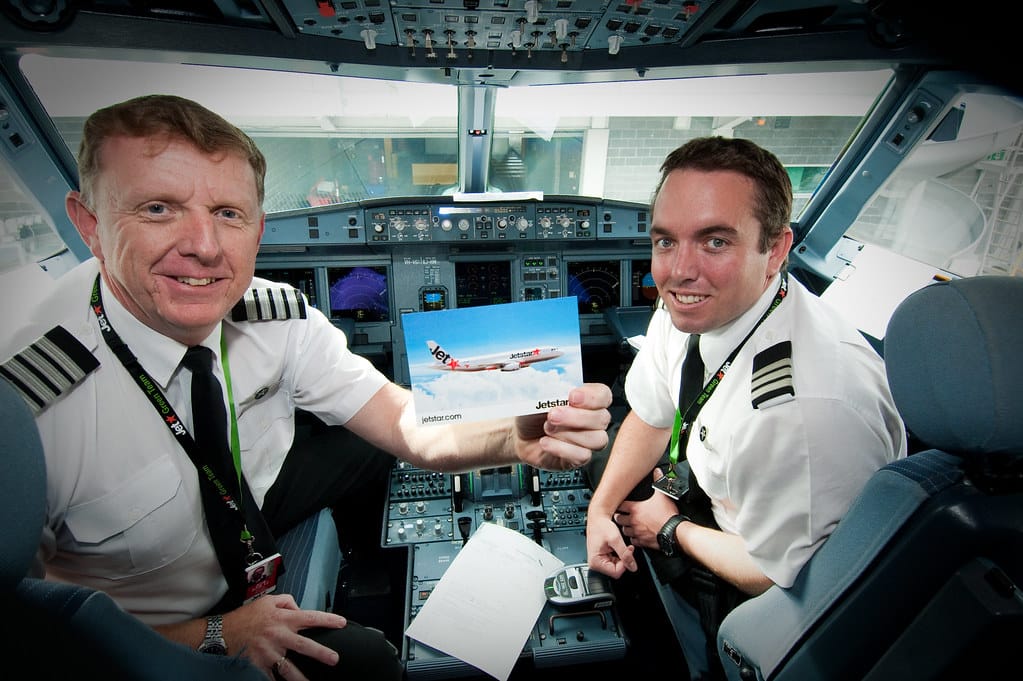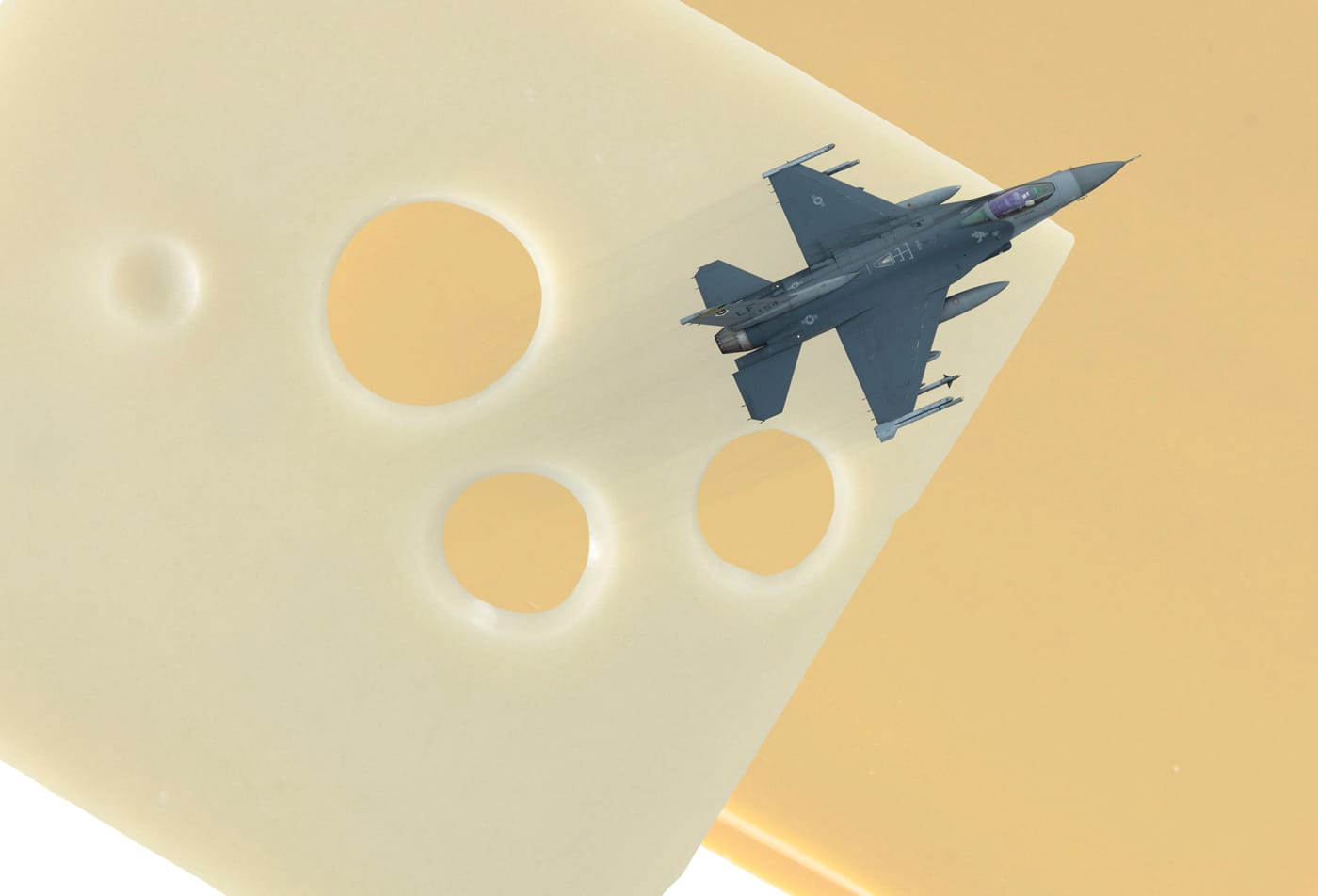Why Pilot Jobs Remain Prestigious in the Age of Automation
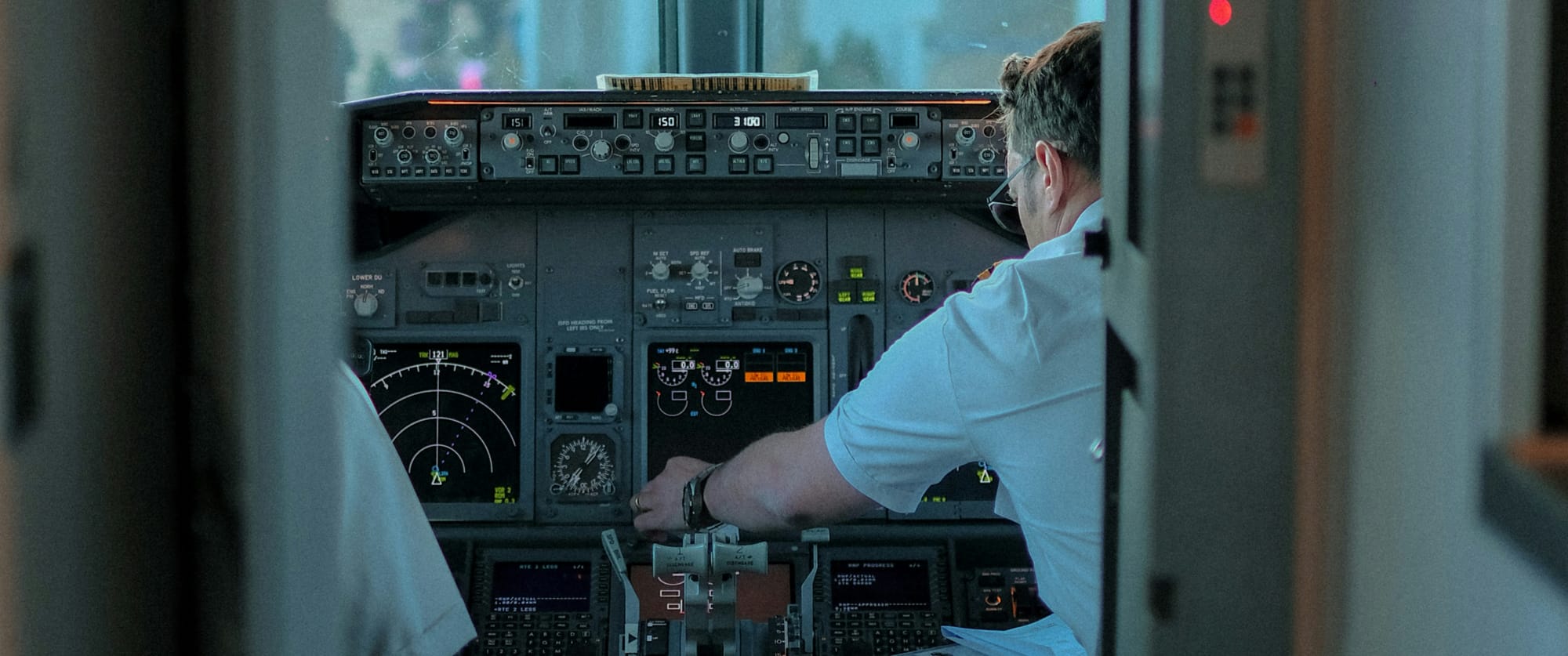
The allure of piloting a plane, navigating the skies above the world, and landing safely has captivated imaginations for over a century. But in today's age of automation, where machines are increasingly taking over tasks, what makes pilot jobs so prestigious?
The Thrill of Command

Pilots hold immense responsibility. They are entrusted with the lives of hundreds of passengers on every flight. This pressure demands exceptional skill, calm under pressure, and a deep well of knowledge developed through years of rigorous training. Successfully navigating these challenges and emerging with a smooth landing fosters an immense sense of accomplishment and prestige. It's a constant test of their mettle, requiring split-second decisions and the ability to perform under duress. This unique blend of mental fortitude and technical prowess sets pilots apart from many other professions.
Guardians of the Skies

Becoming a pilot requires dedication, intellectual aptitude, and a passion for aviation. Years of training, stringent licensing procedures, and ongoing education ensure pilots possess the expertise to handle complex aircraft systems, interpret complex weather patterns, and make critical decisions that can impact the safety of everyone onboard. This exclusivity adds to the allure of the profession. It's not just about flying a plane; it's about being a guardian entrusted with the safety of hundreds of lives. Passengers may board with a sense of trepidation, but a skilled pilot inspires confidence through their expertise and calm demeanor.
Masters of a Dynamic Field
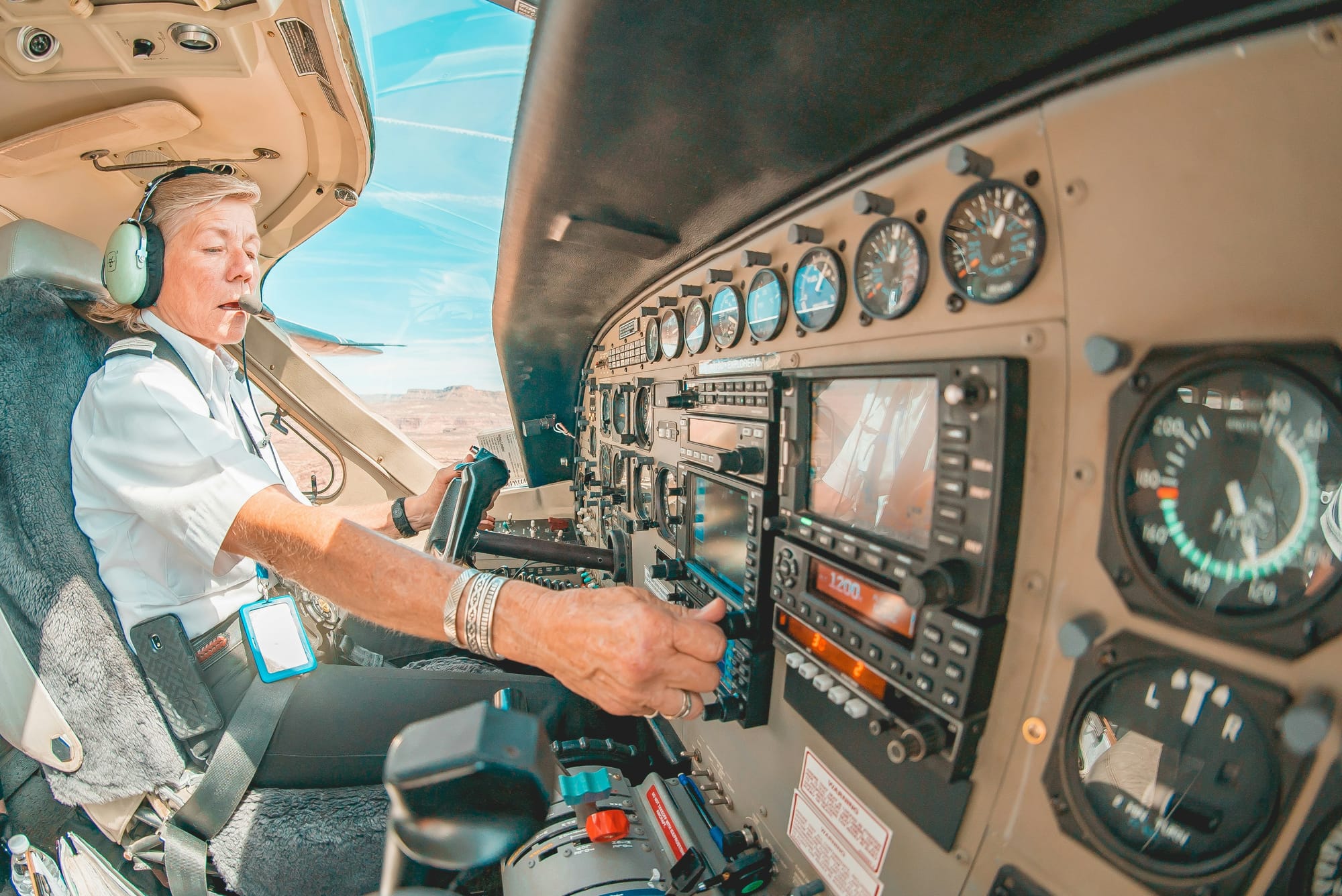
The world of aviation is constantly evolving. New technologies emerge, regulations change, and pilots must continuously adapt and learn. This ongoing challenge keeps the profession intellectually stimulating and ensures pilots remain at the forefront of a rapidly advancing field. Unlike many professions that can become routine, pilots constantly encounter new situations and must be prepared to handle the unexpected. This dynamism keeps the job interesting and fosters a sense of professional growth.
Competitive Salary and Global Travel

The competitive nature of the airline industry, coupled with the high level of training and expertise required, translates to attractive salaries and benefits packages for qualified pilots. This financial security and career stability further solidify the profession's prestige. But the rewards go beyond just money. Pilots get to travel the world as part of their job, experiencing different cultures and landscapes from the unique vantage point of the cockpit. This constant change of scenery and the escape from the traditional office environment are perks that many find highly desirable. It's a career that offers a taste of adventure, cultural immersion, and a chance to see the world from a different perspective.
Partners, Not Replacements for Technology

While automation plays an increasing role in aviation, it doesn't diminish the pilot's role. Instead, it elevates it. Pilots become supervisors of complex systems, requiring even greater problem-solving skills and the ability to adapt to ever-evolving technology. They act as the final decision-makers, ensuring the smooth operation of the flight and intervening when automation reaches its limits. The pilot's role is not to be replaced by machines, but to work collaboratively with them to ensure the safest and most efficient flight possible. This partnership between human expertise and technological innovation is what defines the future of aviation, and pilots will remain at the forefront of these advancements.
Final Thoughts
The perception of pilot prestige might have evolved from the “jet-setting” glamour of the past, but the core reasons for its appeal remain strong. The combination of responsibility, expertise, financial rewards, a unique work experience, intellectual challenge, and the constant evolution of the field together create a coveted position in today's world. Being a pilot is not just a job; it's a challenging and rewarding career that continues to hold a special place in the public imagination.


